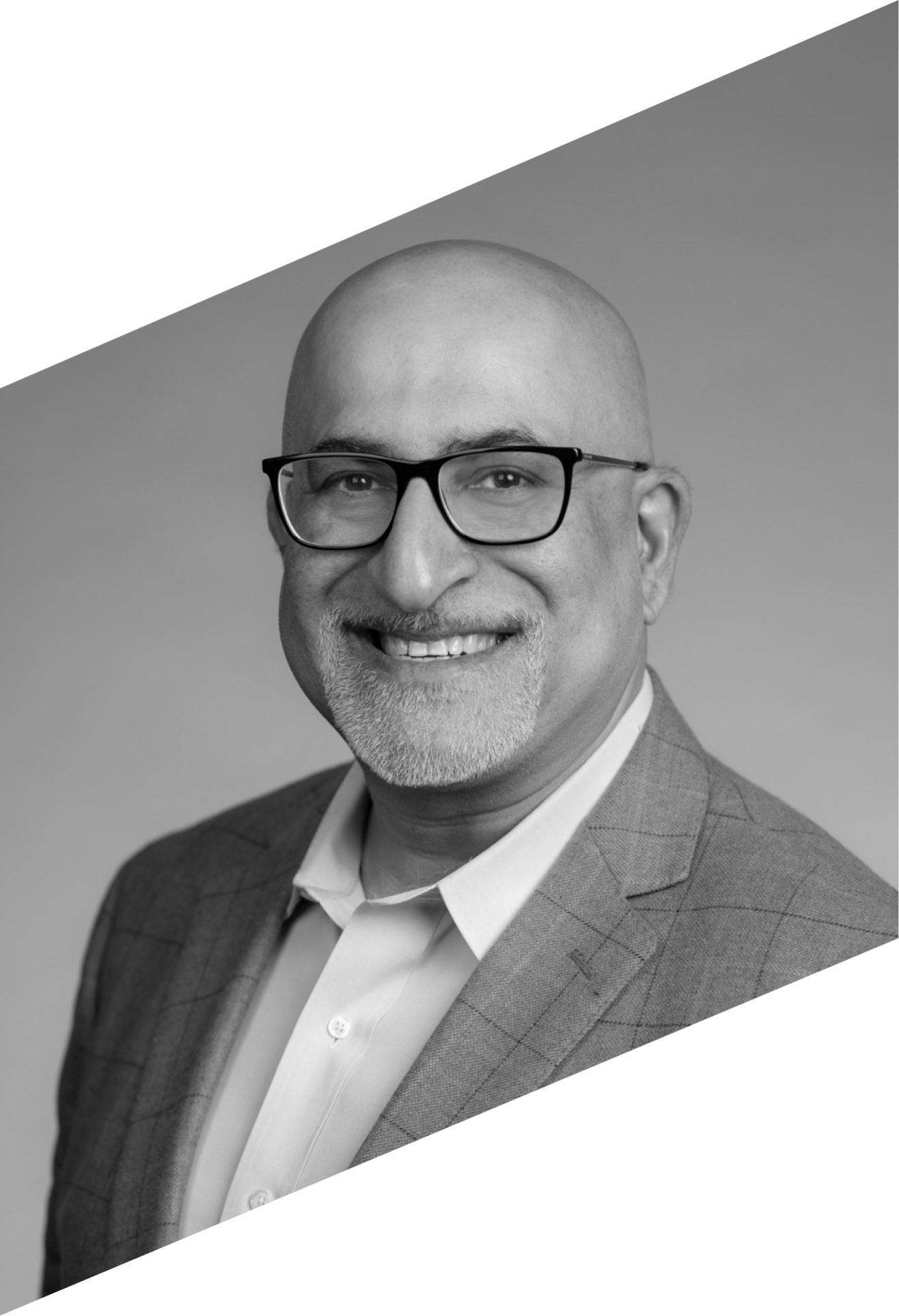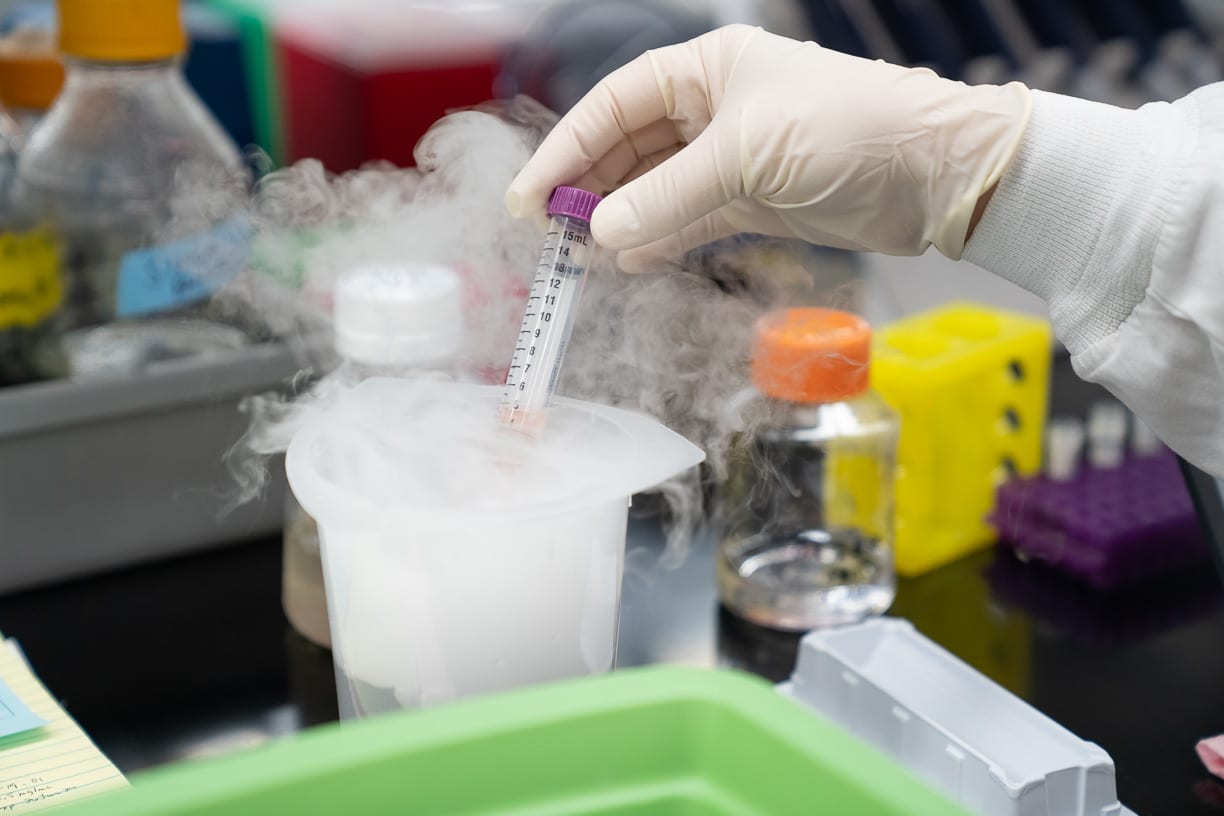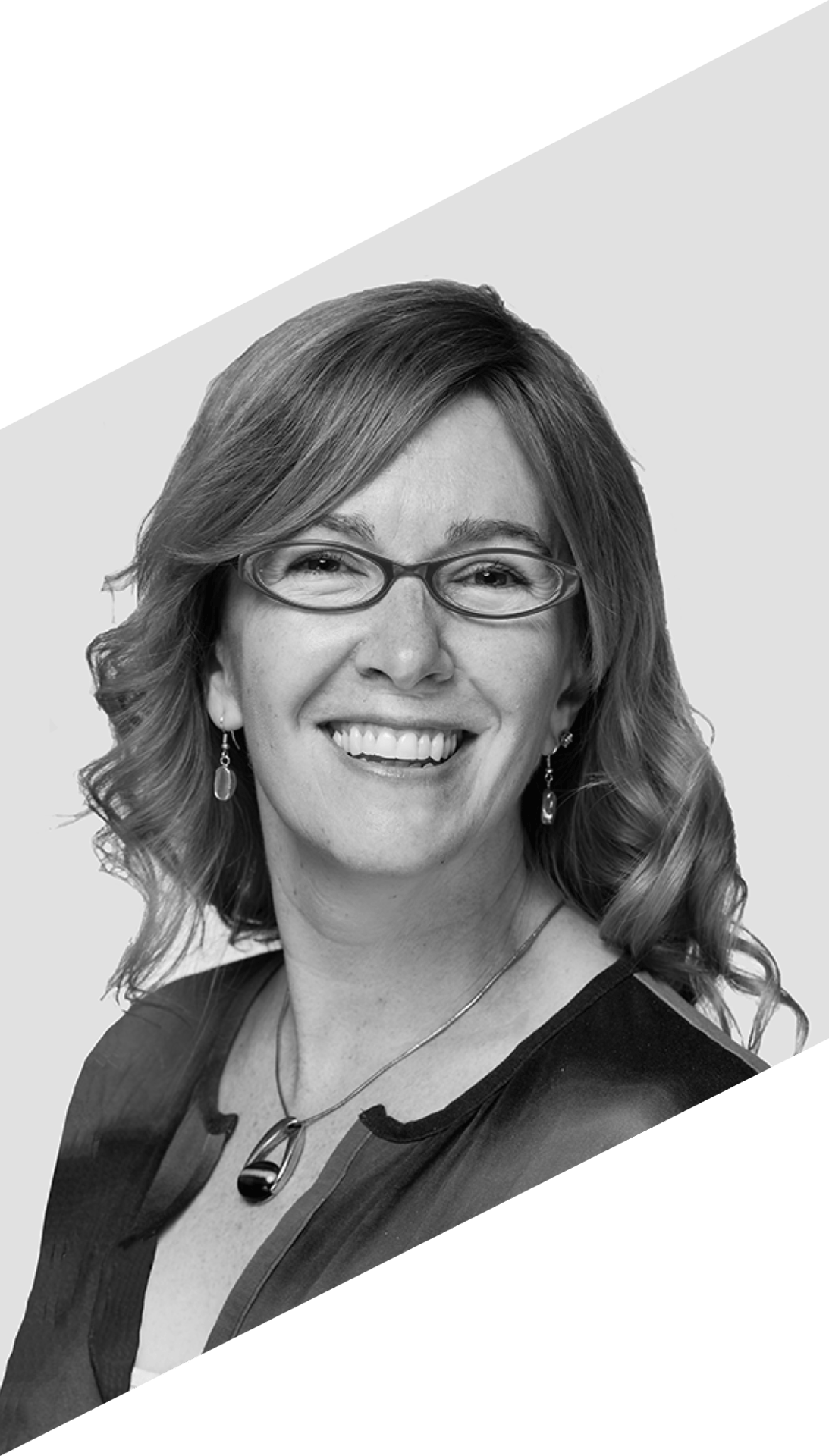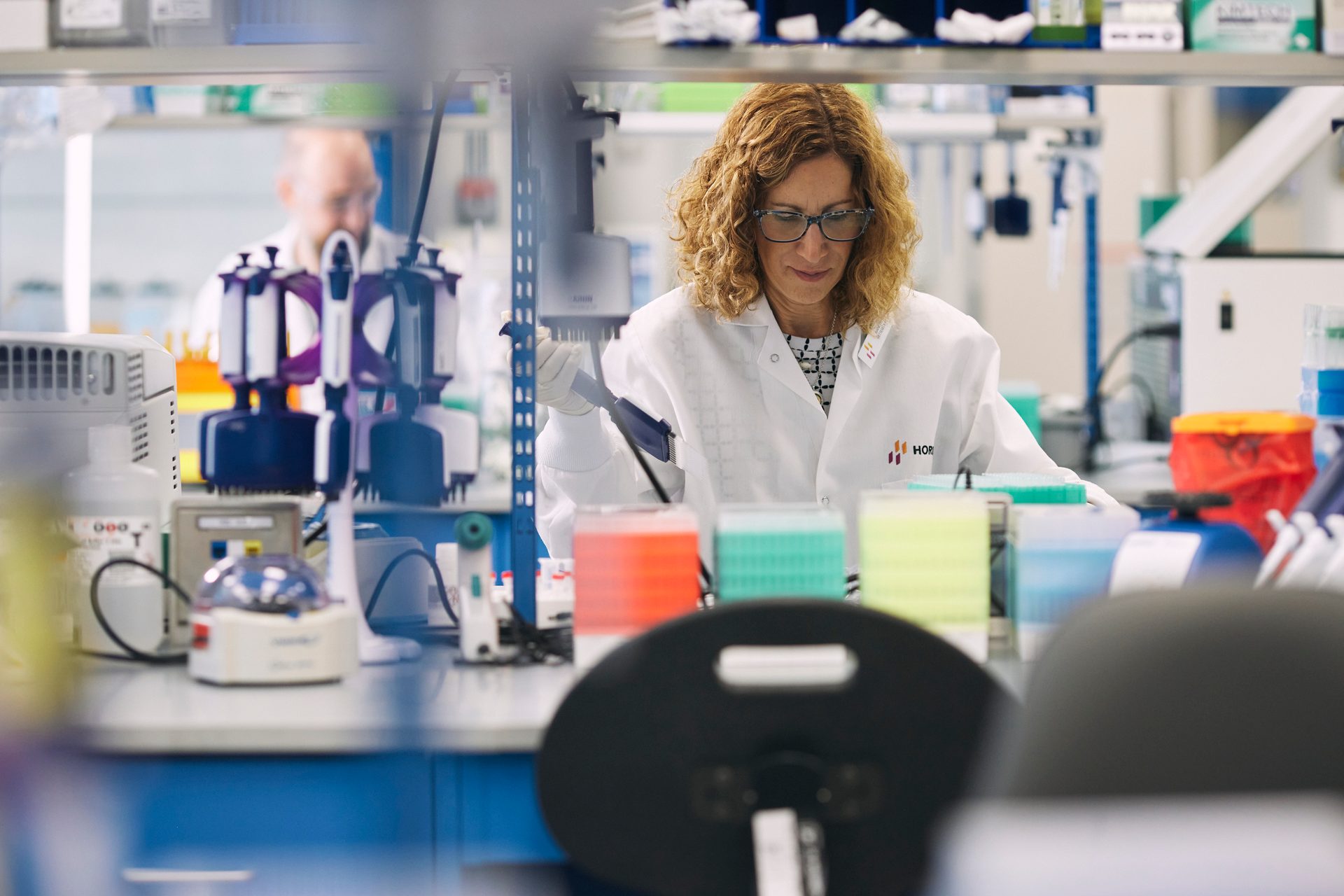
Rare diseases aren’t as rare as you may think: 300 million people globally live with one.1 Yet only a handful of the 10,000 known rare diseases2 have treatments, leaving millions with little financial, practical, or emotional support. Truly caring for this underserved community means giving them a voice so the health care industry can identify — and address — unmet needs.
That requires listening to patients, their families and caregivers, empathising with them and meeting them wherever they are in their journey. In short: putting patients at the heart of everything you do. Horizon Therapeutics, a global biotechnology company, has elevated the patient experience since its founding. Patient-centricity is embedded in the company’s DNA — hundreds of employees around the world are patients or caregivers themselves (including its CEO, who is both).

“Our philosophy is to bring solutions to truly help patients overcome their daily challenges”
Mr Karnani, Horizon employee
“Many of the people who work here are patients themselves or are family members of patients — including our CEO”
Dr Liz Thompson, executive vice president of research and development
Prioritising patients
One of those Horizon employees is Vikram Karnani, who lost his father to a rare lung disease in 2022. That experience reinforced Karnani’s appreciation for Horizon’s commitment to serving all patients living with rare, autoimmune, and severe inflammatory diseases, regardless of their location or specific illness. It’s also why he believes Horizon’s efforts to focus on individual needs and collaborate with patient communities are so critical.
“Our first-hand experience of both living with rare diseases at home and listening to rare disease patients around the world helps us identify otherwise hidden problems,” Karnani says. “Our philosophy is to develop solutions which truly help patients overcome their daily challenges.”
Vikram Karnani, Executive Vice President and President, Global Commercial Operations and Medical Affairs, Horizon Therapeutics

Karnani’s unique position as a rare disease caregiver and leader of a global team in the health care space informs Horizon’s compassion-centred approach to patients and their families. It’s also reflected in Horizon’s global advocacy efforts, which engage and empower the entire rare disease community through ever-evolving programmes promoting equitable access to medicines and education, whilst building trusting relationships that extend beyond disease states.

Caption ipsum dolor sit amet, consectetur adipiscing ut labore et dolore magna aliqua. Credit: Name
Outreach and advocacy
The #RAREis programme is just one example of Horizon’s efforts to make a difference for all those in need. Since 2017, #RAREis has evolved into a multifaceted platform connecting the rare disease community worldwide, helping patients, families and caregivers, and advocacy leaders understand and overcome challenges and raise awareness.
Its latest expansion is the #RAREis Global Advocate Grant programme, which provides financial assistance to patient advocacy groups working with rare disease patients. In Poland, Healthcare Education Institute — a two-time #RAREis Global Advocate Grant recipient — has resettled close to 100 rare disease families escaping from the war in Ukraine to locations throughout Europe. A huge part of the effort has been translating medical records into local languages and ensuring continuation of specialised rare disease treatments.
Healthcare Education Institute — a two-time #RAREis Global Advocate Grant awardee — has resettled close to 100 rare disease families escaping from the war in Ukraine
100
While many grants are tied in some way to a company’s portfolio or pipeline, Horizon puts no such restrictions on its grant, says Adrian Goretzki, the non-governmental organisation’s founder and president. That freedom allowed his organisation to leap into action quickly to start helping people and their families.
The #RAREis Adoption Fund, a partnership with non-profit Gift of Adoption, also highlights Horizon’s push to make a significant difference in the lives of those living with rare diseases by taking action — not just throwing money at problems. Gift of Adoption helps children in vulnerable circumstances be adopted. Horizon’s fund offers adoption assistance grants specifically to help orphaned children languishing from rare diseases — who are tremendously difficult to place — find their forever home.
Adrian Goretzki, President and Founder of The Healthcare Education Institute, Poland


“We give patients a seat at the table across the entire development lifecycle and beyond, with the goal of identifying solutions that take multiple aspects of their lives into account”
Elizabeth H.Z. Thompson, Ph.D., Executive Vice President, Research and Development, Horizon Therapeutics
Support
All this is part of Horizon’s long-standing dedication to a patient-centric approach — every decision throughout the company is made with the patient top of mind and, often, incorporates direct community input. Horizon provides educational support to patients and their families and caregivers, and health care providers, particularly throughout the medicine development process.
The company uses insights garnered through interactions with advocates for everything from disease education messaging to clinical trial development and initiatives. It considers patients’ and experts’ input in the care they provide to address rare disease needs. Horizon seeks input to understand the most problematic aspects of particular diseases according to the people who live with them, which can differ significantly from what physicians and researchers think.
Elizabeth H.Z. Thompson, Ph.D., Executive Vice President, Research and Development, Horizon Therapeutics

“We give patients a seat at the table across the entire development lifecycle and beyond, with the goal of identifying solutions that take multiple aspects of their lives into account,” says Elizabeth H.Z. Thompson, Horizon’s executive vice president of research and development. “It is vastly rewarding to see a patient who has spent years being dismissed and marginalised finally feel supported, better understood and cared for. That empowerment is deeply personal for us.”
Horizon prioritises helping rare disease patients, families, and caregivers find their voice and advocate for themselves. The company also dedicates significant resources to identifying, listening to and understanding those communities, putting them at the forefront of progress. The biotech industry could learn a lot by following Horizon’s example.
REFERENCES
1 Who we are (2023) EURORDIS. Available at: https://www.eurordis.org/who-…/our-vision-mission/ (Accessed: 19 September 2023).
2 Haendel M, Vasilevsky N, Unni D, Bologa C, Harris N, Rehm H, Hamosh A, Baynam G, Groza T, McMurry J, Dawkins H, Rath A, Thaxton C, Bocci G, Joachimiak MP, Köhler S, Robinson PN, Mungall C, Oprea TI. How many rare diseases are there? Nat Rev Drug Discov. 2020 Feb;19(2):77-78. doi: 10.1038/d41573-019-00180-y. PMID: 32020066; PMCID: PMC7771654.


